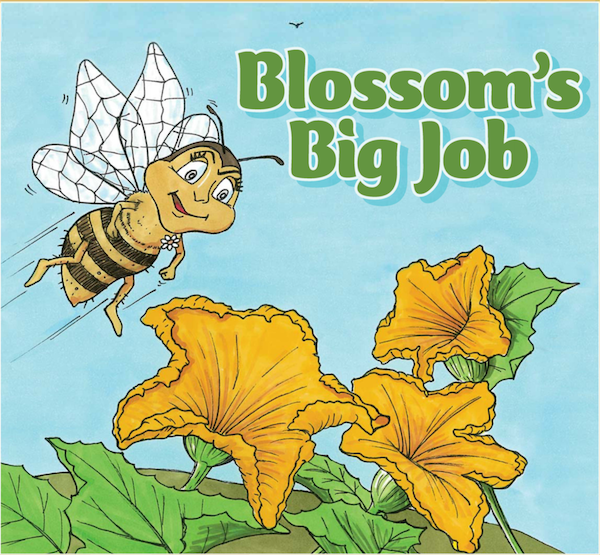Our Top 8 Evidence-Based Reasons to Cultivate a Classroom Garden
A garden provides a perfect tool for hands-on learning, inquiry-based learning to deepen the learning in your core curriculum. Many life skills can be learned through gardening, as well as research and the scientific method, problem solving, team building, cooperation, nutrition, gardening, and critical thinking.
1. Gardens create greater opportunity for hands-on, experiential learning and can improve academic achievement. (Berezowitz, Bontrager, Schoeller, 2015)
2. Gardens help to increase in knowledge and awareness about gardening, agriculture, healthy eating, local foods, nutrition, growing cycles, seasonality and other STEM concepts (in early childhood and K-12 settings). (Schmidt, 2006; Hughes, 2007; Murphy, 2003)
3. Gardens build responsibility, confidence, promote teamwork and build positive social and emotional skills. (Robinson & Zajicek, 2005; Hung,2004; Alexander, North & Hendren, 1995)
4. School gardens support inquiry and connection to the natural world. (Habib & Doherty, 2007)
5. Students show a willingness to try new foods after garden-based education and research shows that eating patterns, and especially food choices relating to the consumption of fruits and vegetables, are developed at an early age. (Kirby 1995)
6. Gardens lead to improvement in nutrition habits, environmental awareness and health-related knowledge. (Boxmeyer, 2013-2014)
7. Gardens build environmental stewardship in students. (Flagler, 1995)
8. Gardens increase opportunity for innovative teaching platforms for core subjects, such as science, math and language arts in early childhood and K-12 settings. (Hoffman et al., 2016)
Last, but not least, it’s FUN! Through the LGT classroom garden, we aim to create an exciting and relevant learning environment for memorable shared experiences. We believe that learning should be fun!

